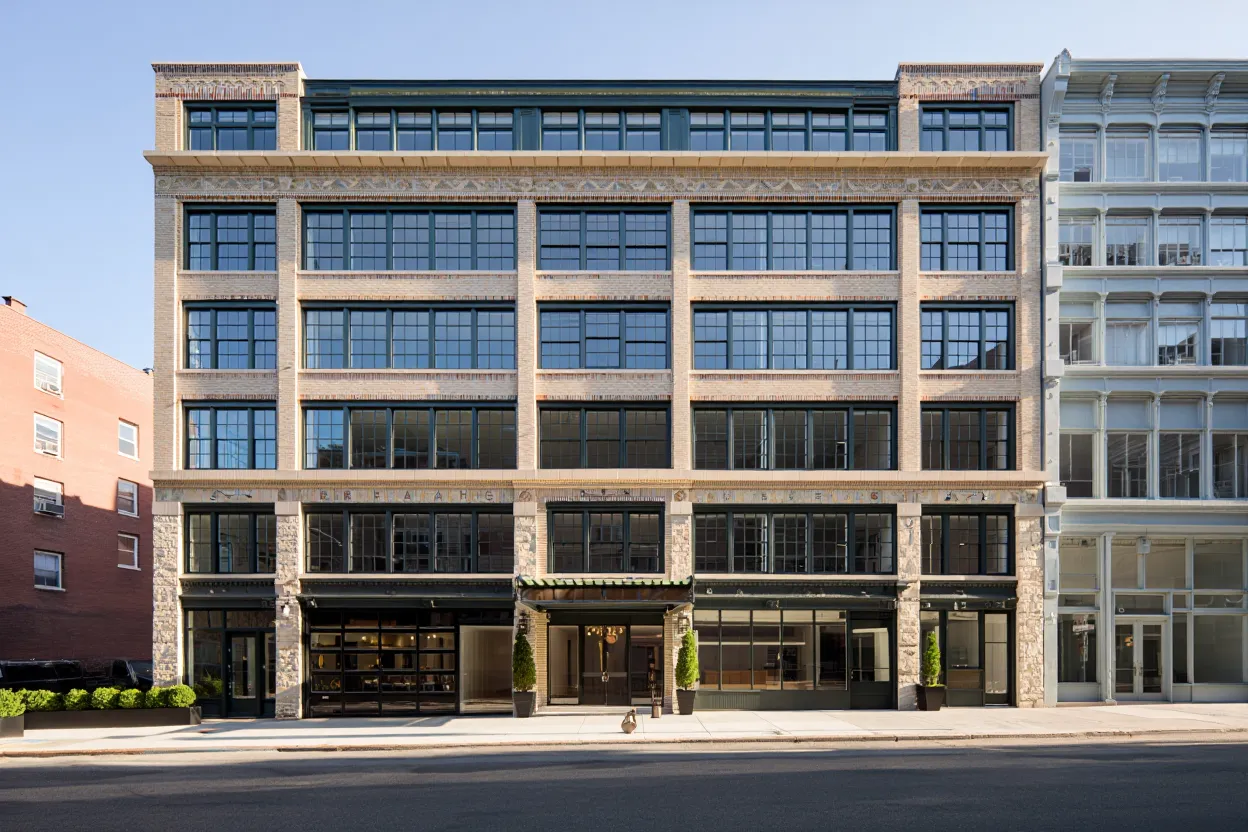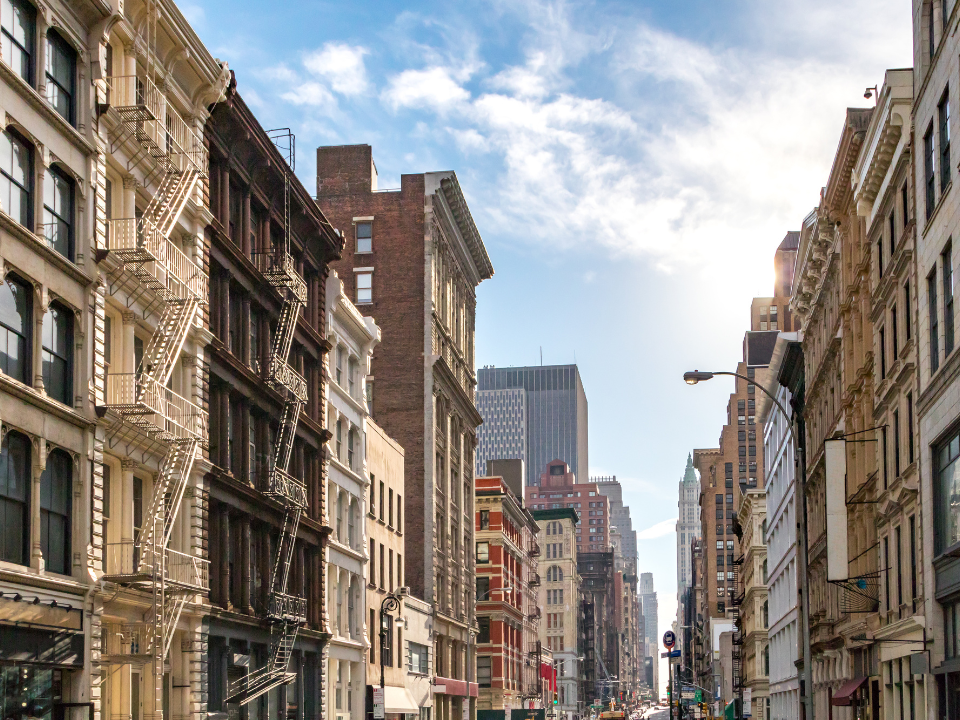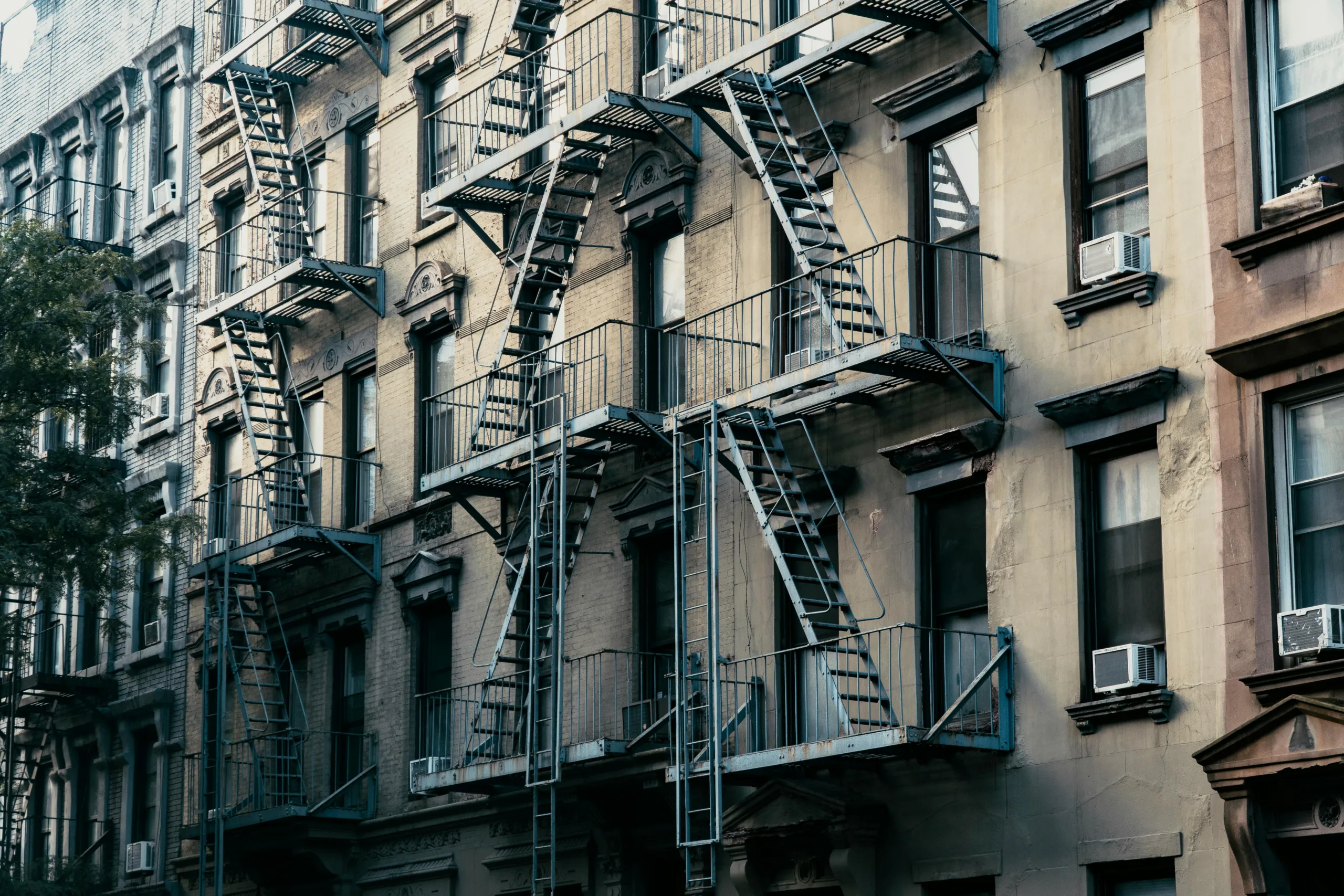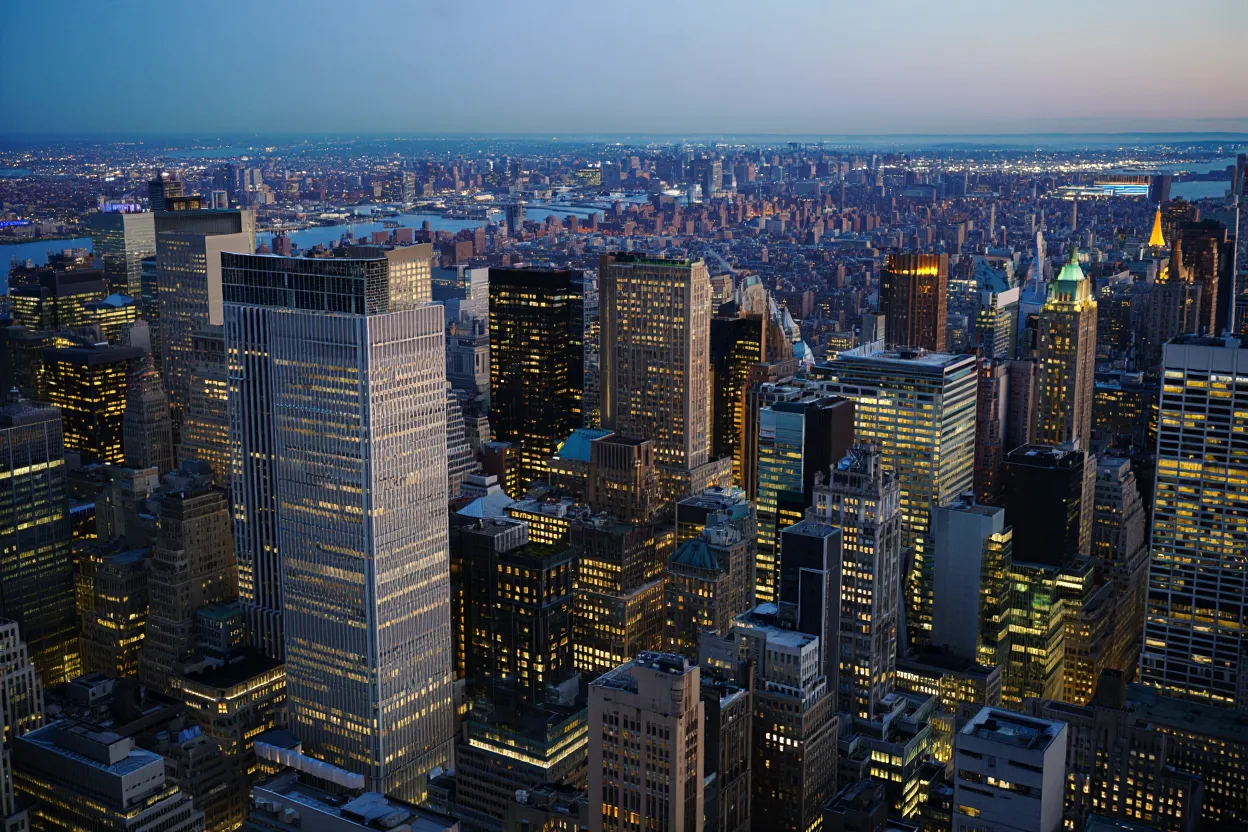- New housing construction filings in NYC rose 10% from Q2 to 326 but remain 43% below the historical average since 2008, as reported by REBNY.
- The Bronx saw a notable 112% increase in YoY filings, while Queens led all five boroughs with 119 filings in Q3.
- Mayor Eric Adams’s “City of Yes” proposal aims to update zoning codes to stimulate housing production through office-to-residential conversions and reduced parking requirements.
According to Commercial Observer, NYC’s housing market continues to grapple with limited new construction, according to a Q3 report from the Real Estate Board of New York (REBNY).
By The Numbers
Although new building filings increased by 10% quarter-over-quarter to 326, this figure is still 43% below the average since 2008—and filings have generally lagged over the past two years.
The report highlights that this slowdown reflects underlying regulatory constraints and broader challenges in NYC’s housing production pipeline.
REBNY’s findings also indicate that only 4Q23 saw a real uptick in new applications (879 filings), which was largely attributed to an influx of residential permits for Staten Island homes ahead of Local Law 154’s 2024 restrictions on fossil fuel heating.
This trend did not carry over into 2024, with only 3,674 multifamily units proposed across 82 new buildings in Q3, below the long-term average.
Queens Leads All Boroughs
Queens reported the highest number of new filings in Q3, with 119 projects. Manhattan had the fewest at 13 filings, though this still represented a 44% YoY increase.
Meanwhile, the Bronx reported 53 new filings—a sharp 112% YoY spike—suggesting a surge in development activity in the borough.
Get Smarter about what matters in CRE
Stay ahead of trends in commercial real estate with CRE Daily – the free newsletter delivering everything you need to start your day in just 5-minutes
Just Keep Saying ‘Yes’
The report comes amid heightened attention to NYC’s housing affordability crisis.
Mayor Eric Adams’s “City of Yes for Housing Opportunity” initiative, which is currently under discussion, seeks to modernize zoning regulations to allow more housing units by easing restrictions on office-to-residential conversions, eliminating parking requirements in some neighborhoods, and supporting affordable housing.
If approved, the initiative could support an increase in construction activity next quarter and in the coming years.
















